Have you ever watched an epic movie about the sea and dreamed of being a “marine biologist” or “oceanographer”? Have you ever had thoughts after that thought about … what is the difference between a “marine biologist” and “oceanographer”? Marine biology, or the study of life in the sea, is actually just one branch of the oceanography tree. Oceanography is the larger discipline of describing and recording the contents and processes of the ocean. There are four branches of oceanography. Check out the difference below:
- If you are a chemical oceanographer you might study (but, are not limited to …): the sea’s oxygen levels and their impact on marine life; toxic dumping; vents on the ocean floor; rainfalls.
- If you are a physical oceanographer you might study (but, are not limited to …): oil spills and their travel patterns, ocean currents, alternative power, beaches, and shorelines.
- If you are a marine geologist you might study (but are not limited to …): maps the ocean floor, volcanoes, trenches, abyssal plains, and helps predict the continental drift.
- If you are a biological oceanographer (e.g., marine biologist) you might study (but, are not limited to …): ocean plants, animals, and all other sea life (i.e., bacteria!).
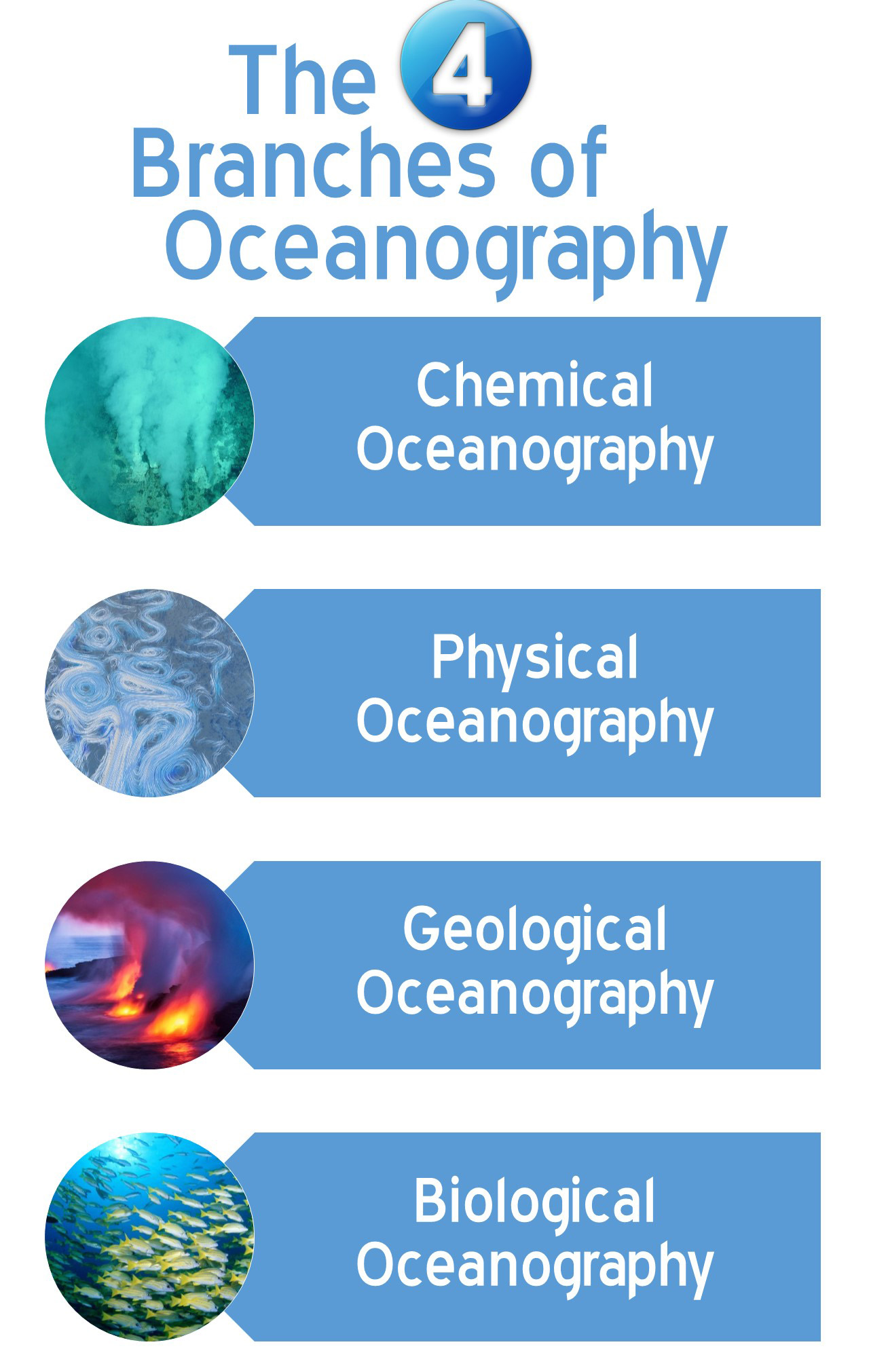 So, where do you fit in to all of these? Take this fun and informal online quiz from the New Hampshire Sea Grant to see which branch of oceanography would suit you best. My results are below! Go figure the “related fields” includes education.
So, where do you fit in to all of these? Take this fun and informal online quiz from the New Hampshire Sea Grant to see which branch of oceanography would suit you best. My results are below! Go figure the “related fields” includes education.
What was your score? Anything surprising?
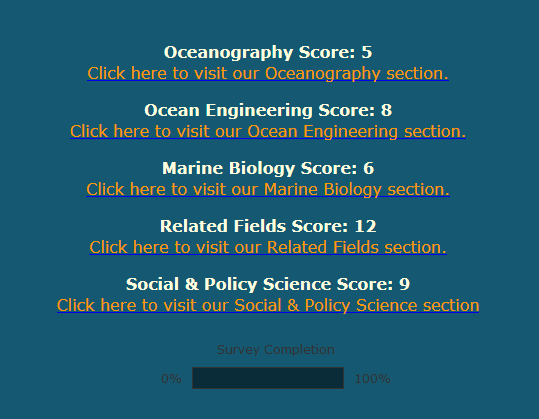

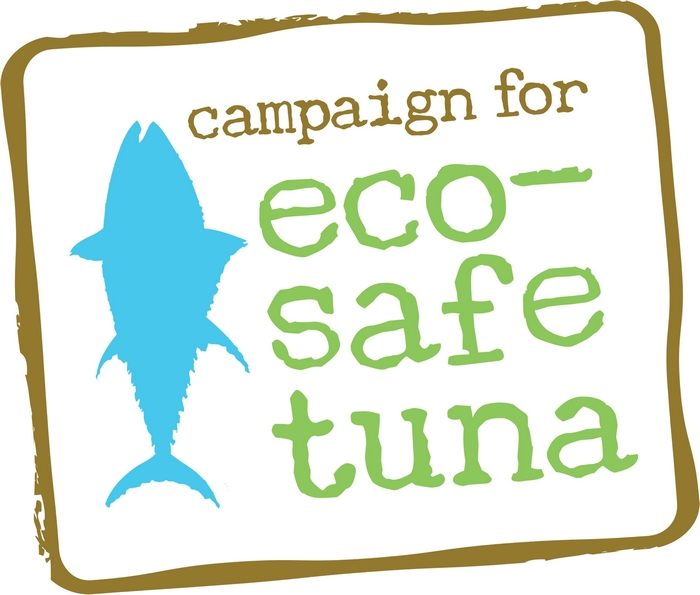


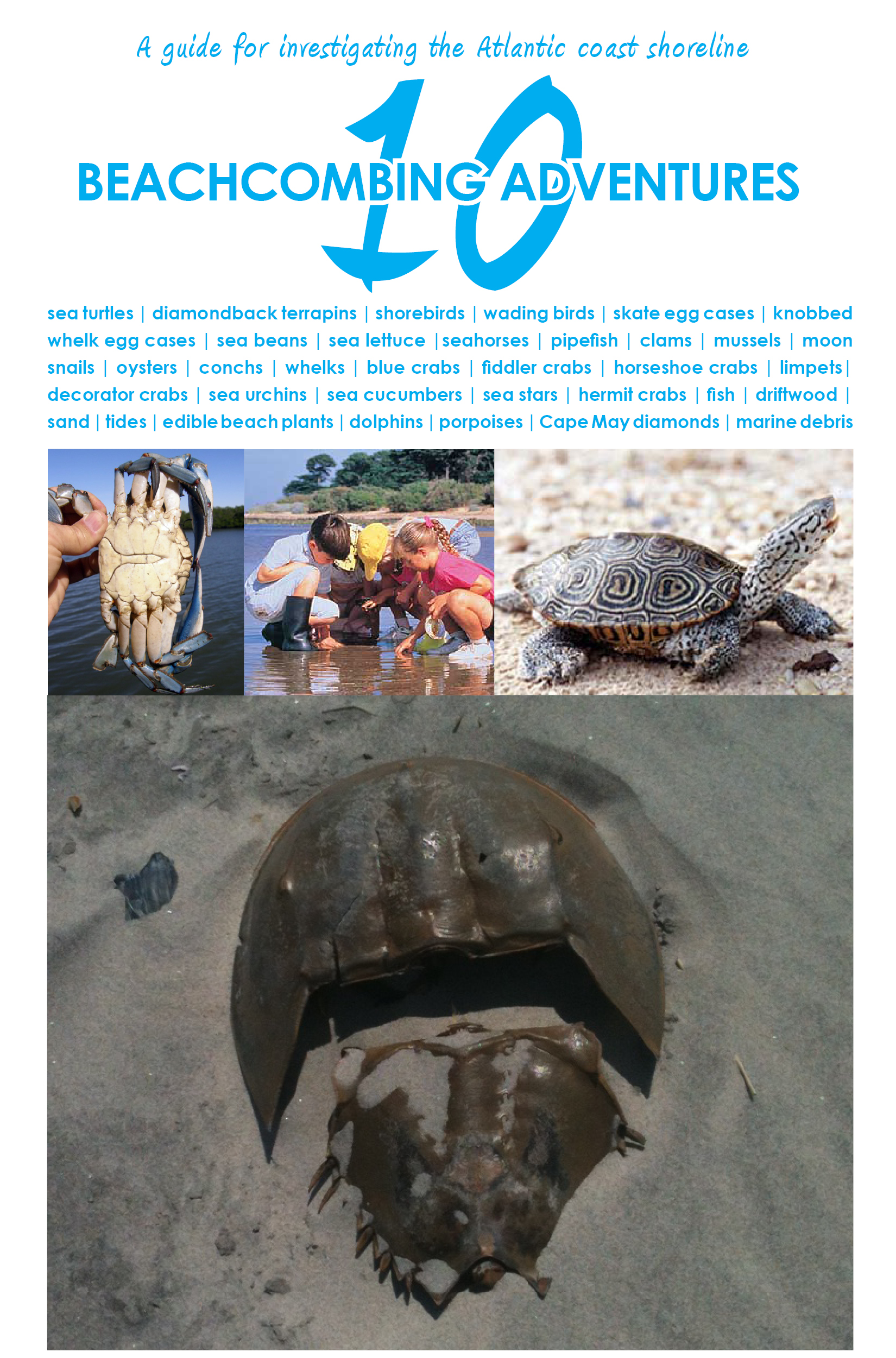
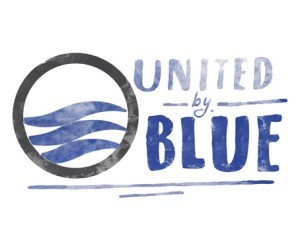
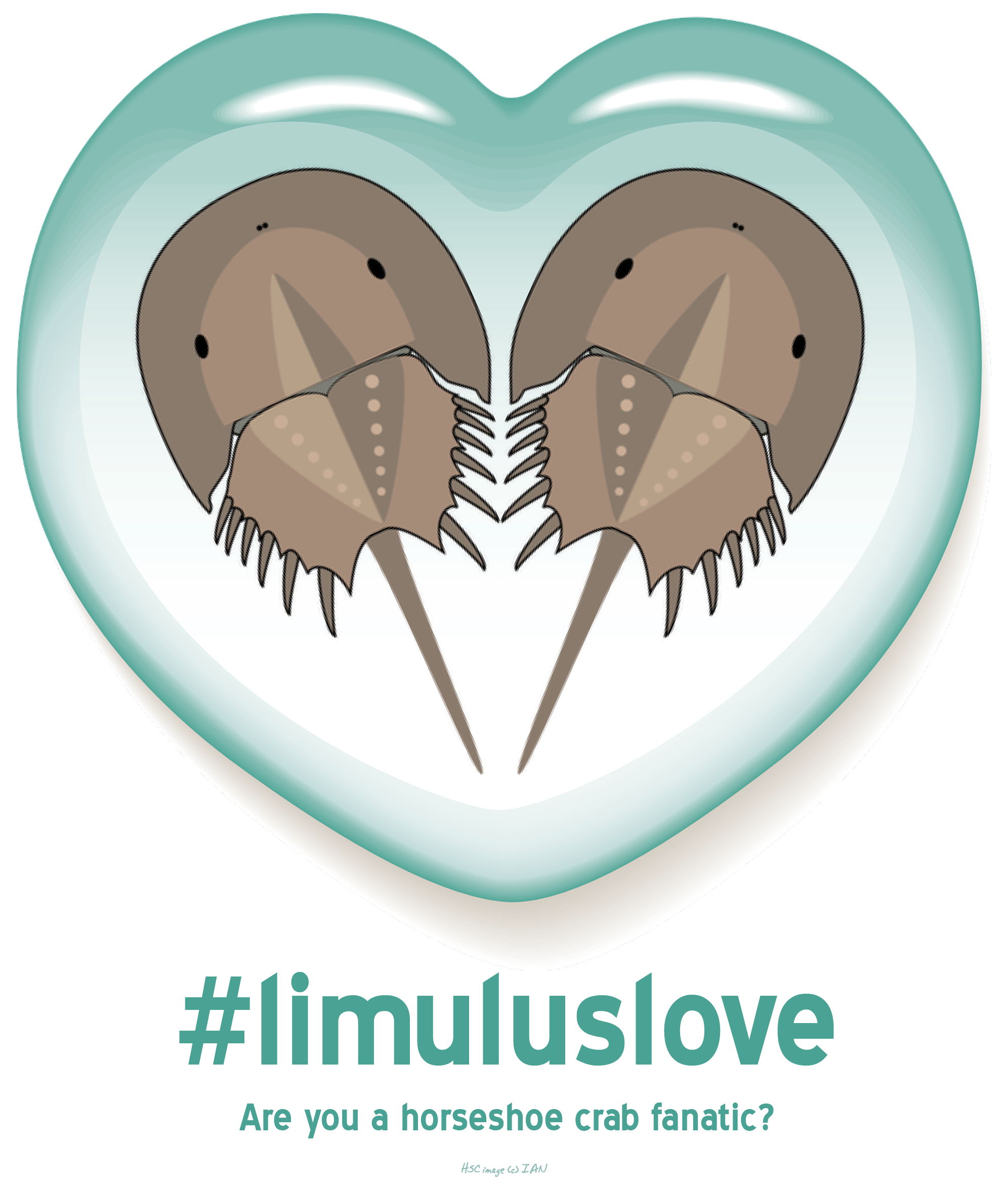
Speak Your Mind